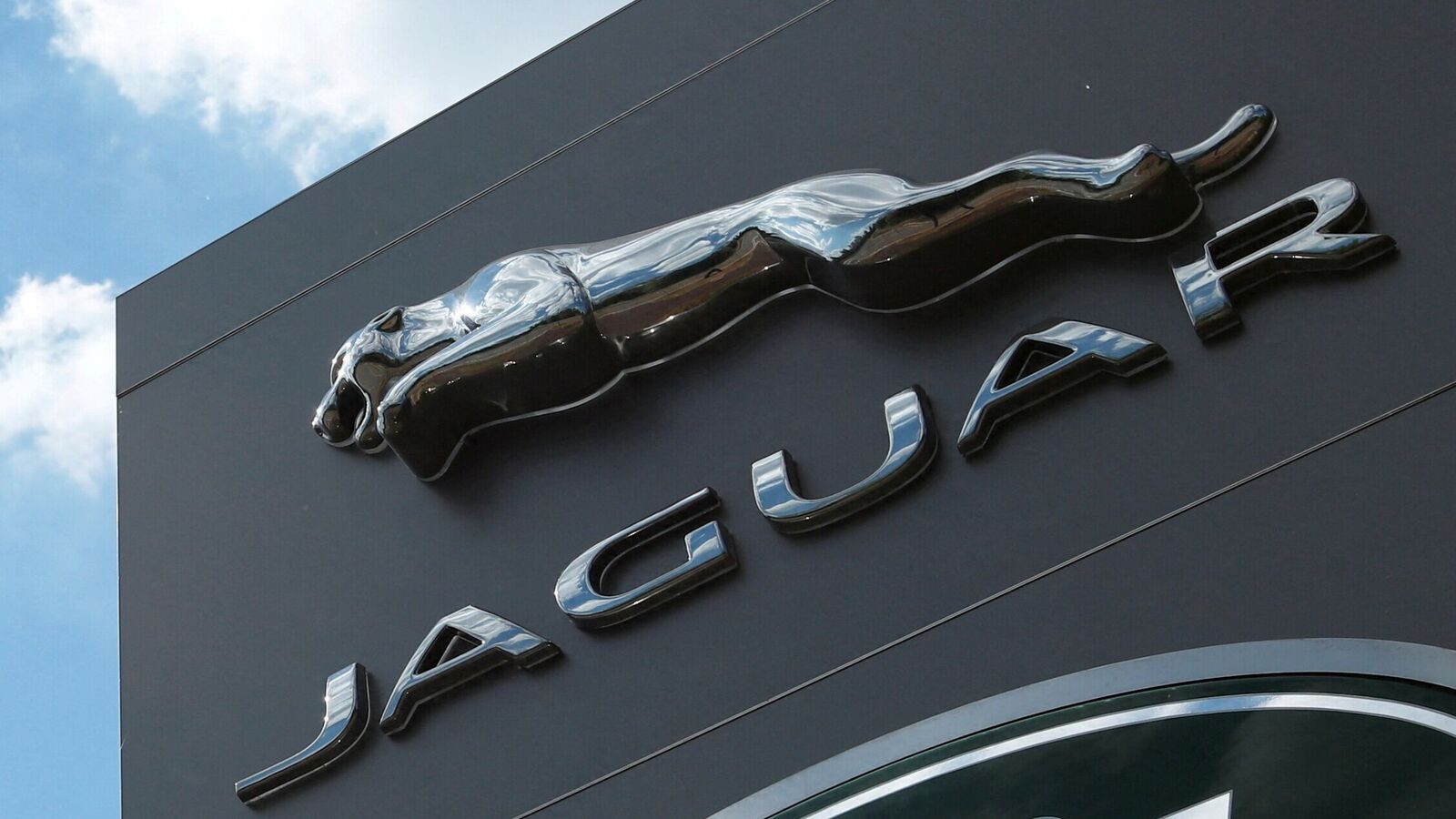Jaguar’s Castle Bromwich plant in the UK has completed its final production run of internal combustion engine vehicles, including the XE, XF, and F-Ty
…
The Jaguar Castle Bromwich plant in the UK has produced its final internal combustion only vehicles, marking the end of an era as the British automaker intends to transition towards a fully-electric lineup by 2025. The factory produced its last petrol-powered Jaguar XE sedan, painted in British dark green, alongside the XF sedan and F-Type sports car.
These models, the XE, XF, and F-Type, were the last in Jaguar’s lineup not to offer a hybrid or electric drivetrain. While the XE and XF had mild-hybrid (MHEV) options in recent years, these did not provide electric drive to the wheels.
Production of internal combustion engine vehicles will continue temporarily with the E-Pace and F-Pace SUVs, which also have plug-in hybrid variants, before ending later in 2024. Jaguar will also cease production of its electric I-Pace in 2024.
Also Read : Jaguar F-Pace to say goodbye with two new special editions
Jaguar’s shift to an all-electric future is part of its ambitious ‘Reimagine’ strategy, which aims to introduce only electrified vehicles from 2025. The company plans to launch nine new, higher-priced models by 2030, targeting luxury brands like Bentley and Porsche.
Jaguar will collaborate with Chinese carmaker Chery, with whom it has a long-standing partnership, to share electric vehicle platforms and technology. The company has unveiled several battery-electric concepts, such as an electric four-door GT sports car, an SUV, and a sedan, all built on its dedicated ‘JEA’ (Jaguar Electric Architecture) platform.
Although Jaguar announced in 2021 that it would cease vehicle production at the Castle Bromwich plant, the facility will continue to manufacture body panels for electric vehicles.
In addition to its existing factory in Changshu, China, Jaguar plans to build electric cars at its plant in Nitra, Slovakia, investing £15 billion to reconfigure the site. Jaguar is also set to revamp its Solihull and Halewood plants in the UK for electric vehicle manufacturing. Additionally, it will invest £250 million in its Whitley site for the development of electric powertrains.
Despite the shift to electric vehicles, the broader Jaguar Land Rover (JLR) company will continue to offer V8 petrol engines in Land Rover and Range Rover SUVs. Stocks of the current internal combustion Jaguars are expected to last until the new generation of electric vehicles debut in 2025, with production increased to ensure customer supply.
First Published Date: 28 May 2024, 19:03 PM IST

